The Vostochny Cosmodrome has symbolic significance for Russia, representing Moscow's strong ambitions to conquer space.
President Vladimir Putin on September 13 received North Korean leader Kim Jong-un at Vostochny Cosmodrome, Russia's most modern spaceport in the east of the country. The North Korean leader asked many detailed questions to the Kremlin boss during a tour inside the facility.
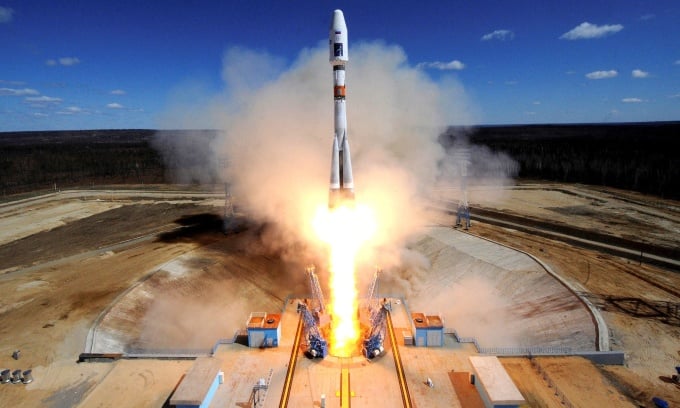
A Russian Soyuz 2.1A rocket carrying the Lomonosov, Aist-2D and SamSat-218 satellites lifts off from the launch pad at the Vostochny cosmodrome outside the city of Uglegorsk, in Russia's far eastern Amur region, in April 2016. Photo: Reuters
Vostochny Cosmodrome, located in Russia's far eastern Amur region, opened in 2016. "It is now Russia's most important space launch facility," said Mark Hilborne, a space security expert at Imperial College London. "It is relatively new and extremely modern."
Proposed by President Putin in 2007, the spaceport is intended to reduce Russia's dependence on other countries in its space efforts. Since the mid-20th century, the Russian space agency has primarily leased the Baikonur Cosmodrome in Kazakhstan as its main launch site.
At the time of its opening, the Vostochny cosmodrome was hailed as a symbol of Russia's independent space exploration ambitions.
"It means we can independently launch any spacecraft into any space orbit," Russian lawmaker Irina Yarovaya said in 2016. "The Vostochny Cosmodrome is a space launch facility of the 21st century and represents a new philosophy of modern Russia."
According to experts, the Vostochny spaceport is a strong demonstration of Russia's ambition to explore space, especially its ability to be self-reliant in its journey to conquer space.
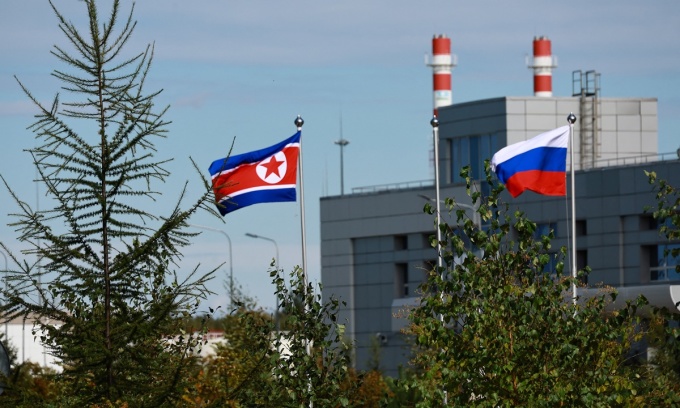
Russian and North Korean flags hang on the grounds of Russia's Vostochny Cosmodrome on September 13. Photo: Reuters
“More and more countries are looking at space as a way to engage other countries and leverage their support,” Hilborne said.
Hilborne said holding the summit at Vostochny could be President Putin's way of showing support for Russia's space program despite recent incidents.
On August 11, the Luna-25 spacecraft took off from Vostochny on a mission to conquer the Moon's south pole. However, the mission failed when the spacecraft crashed into the lunar surface.
Last month, North Korea said it would continue its efforts to launch a satellite into orbit after two failed attempts. The United States, South Korea and Japan condemned the latest launch, saying it violated UN Security Council resolutions.
After Mr Putin and Mr Kim held talks, Kremlin spokesman Dmitry Peskov said Moscow saw prospects for cooperation with Pyongyang in the space sector, including the possibility of sending a North Korean astronaut into space.
However, Jack Watling, a senior research fellow at the Royal United Services Institute (RUSI), is skeptical about Russia's ability to share space technology with North Korea. "Russia still has a responsibility to comply with international sanctions against Pyongyang. Therefore, they have reasons not to provide certain technologies, especially in the satellite field."
Russian President Vladimir Putin shakes hands with North Korean leader Kim Jong-un at the Vostochny Cosmodrome. Video : RIA Novosti
Lee Choon Geun of the Korea Science and Technology Policy Institute said Russia could seek guidance North Korea builds satellites, rather than building them for Pyongyang.
It is unlikely that Russia would launch a satellite for North Korea because such an action would violate UN sanctions.
“Any form of transfer or coordination of satellite technology between Russia and North Korea would likely violate international sanctions,” he said. “There is no way around it.”
Vu Hoang (According to Reuters, Washington Post )
Source link


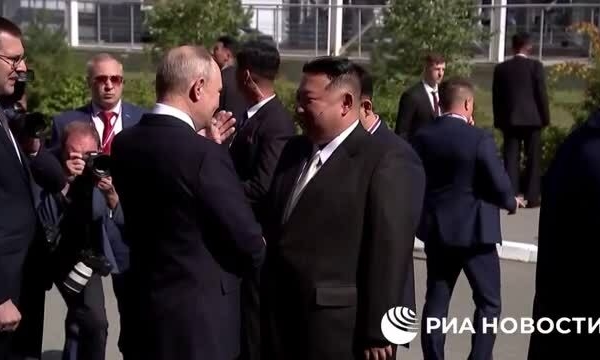
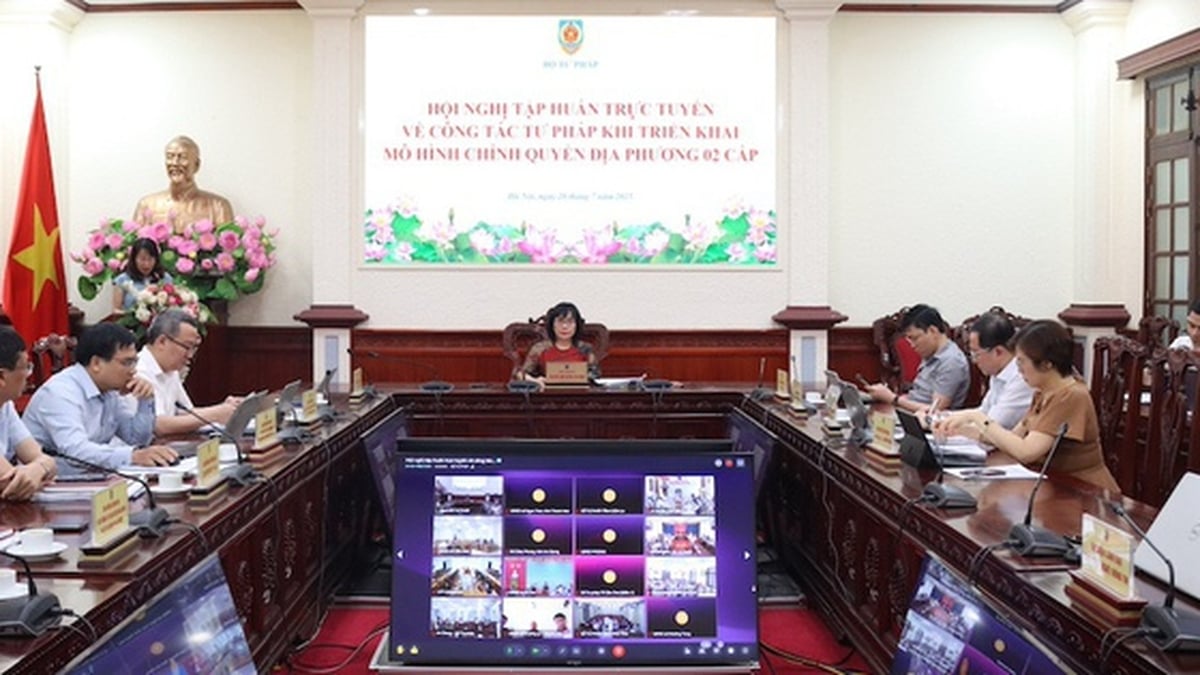

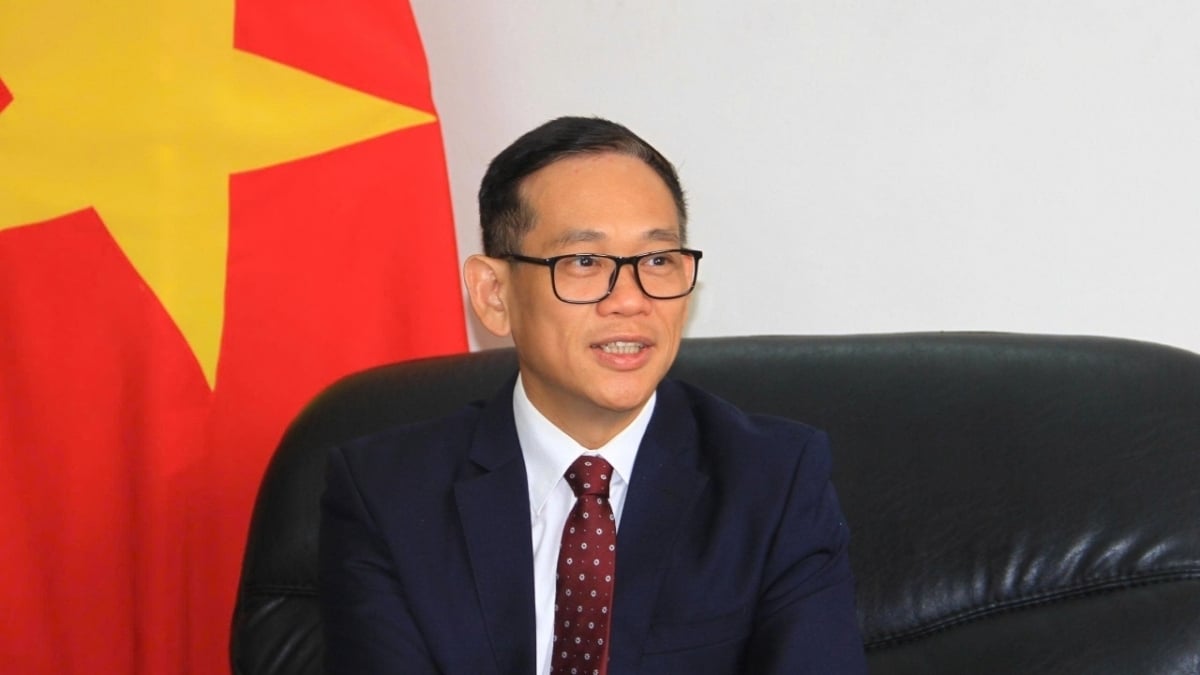

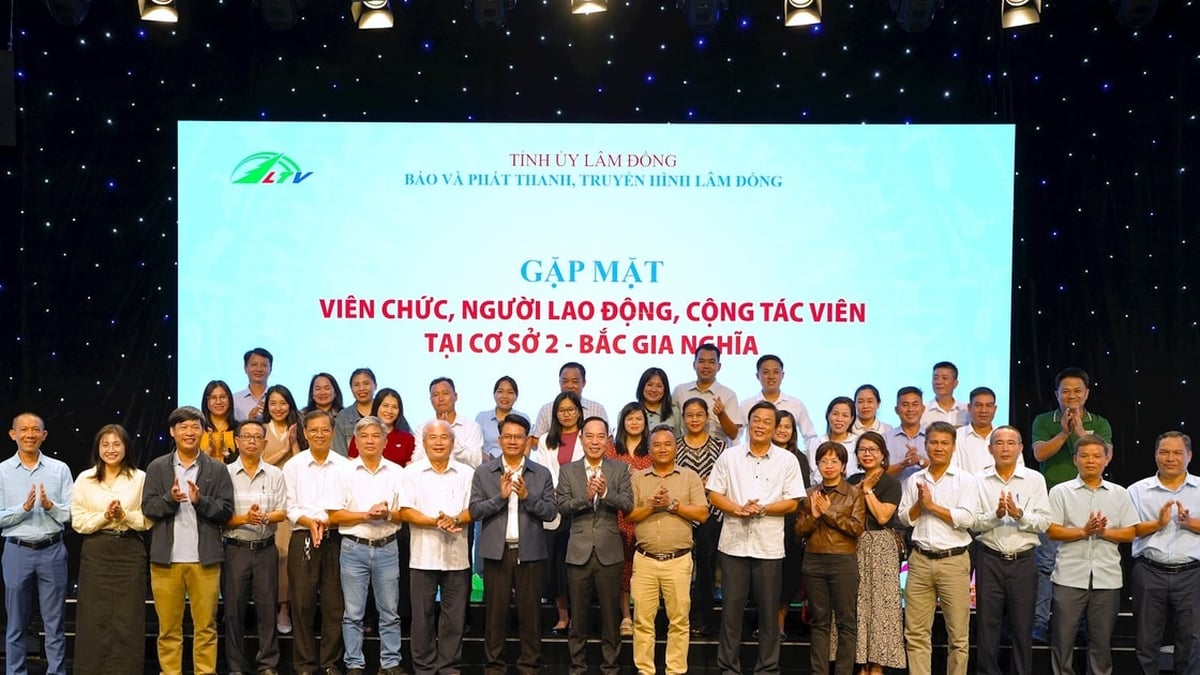
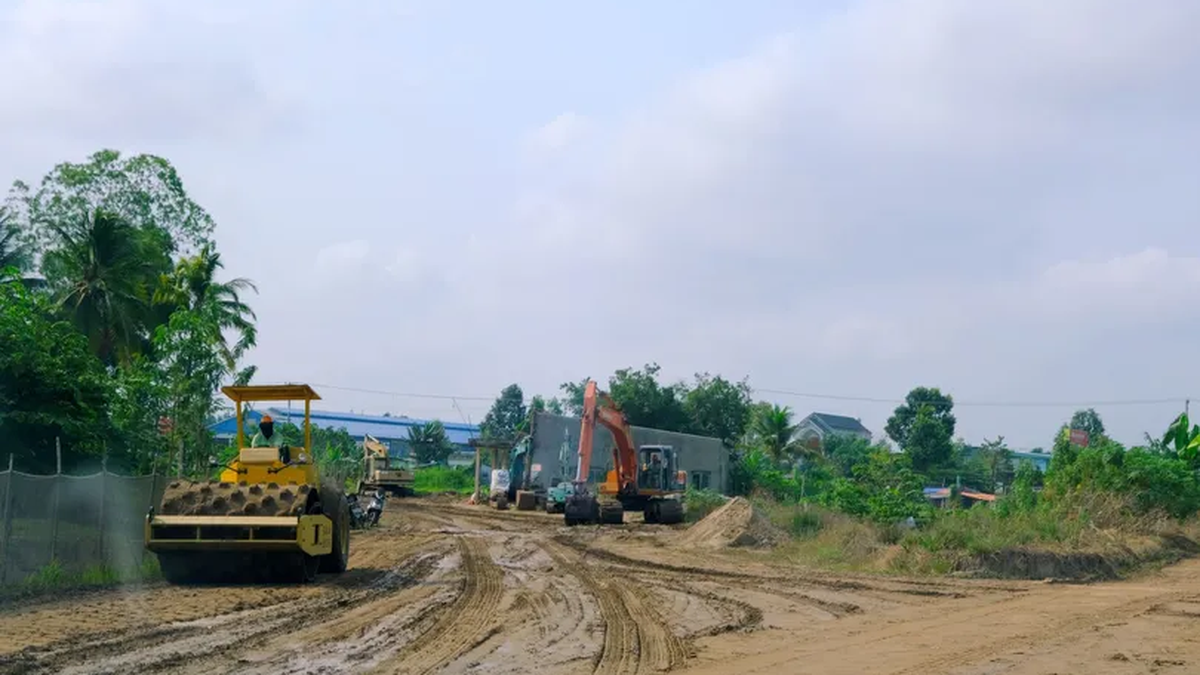

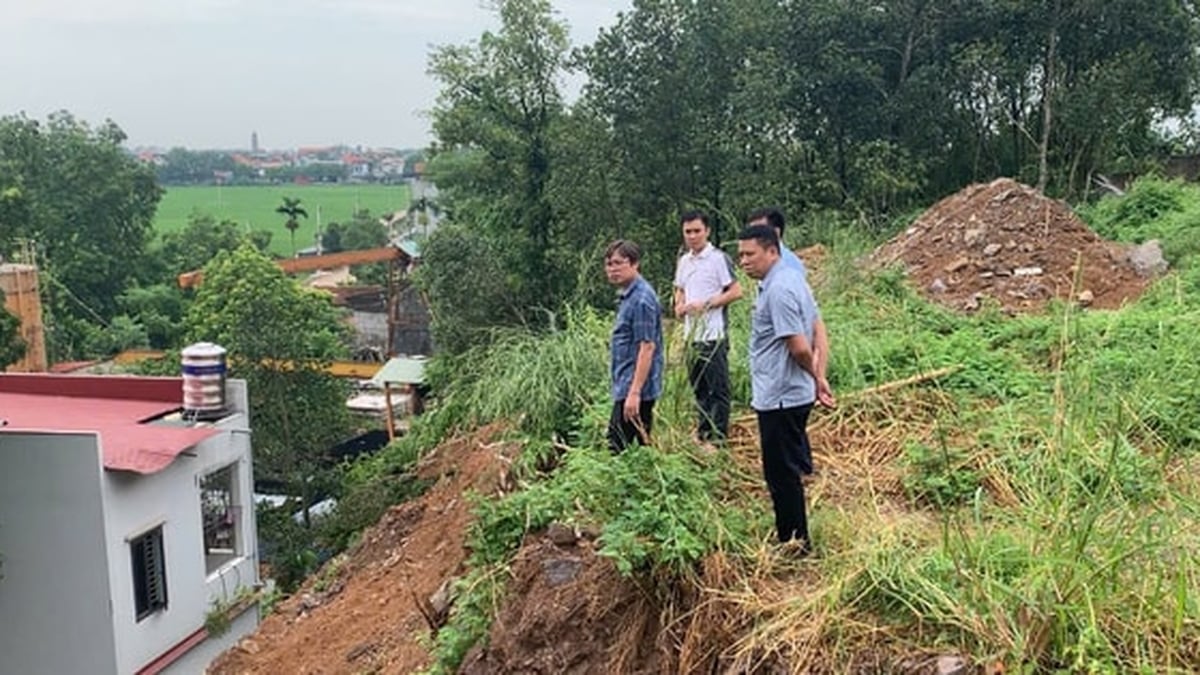

















![[Photo] National Assembly Chairman Tran Thanh Man visits Vietnamese Heroic Mother Ta Thi Tran](https://vphoto.vietnam.vn/thumb/1200x675/vietnam/resource/IMAGE/2025/7/20/765c0bd057dd44ad83ab89fe0255b783)






































































Comment (0)